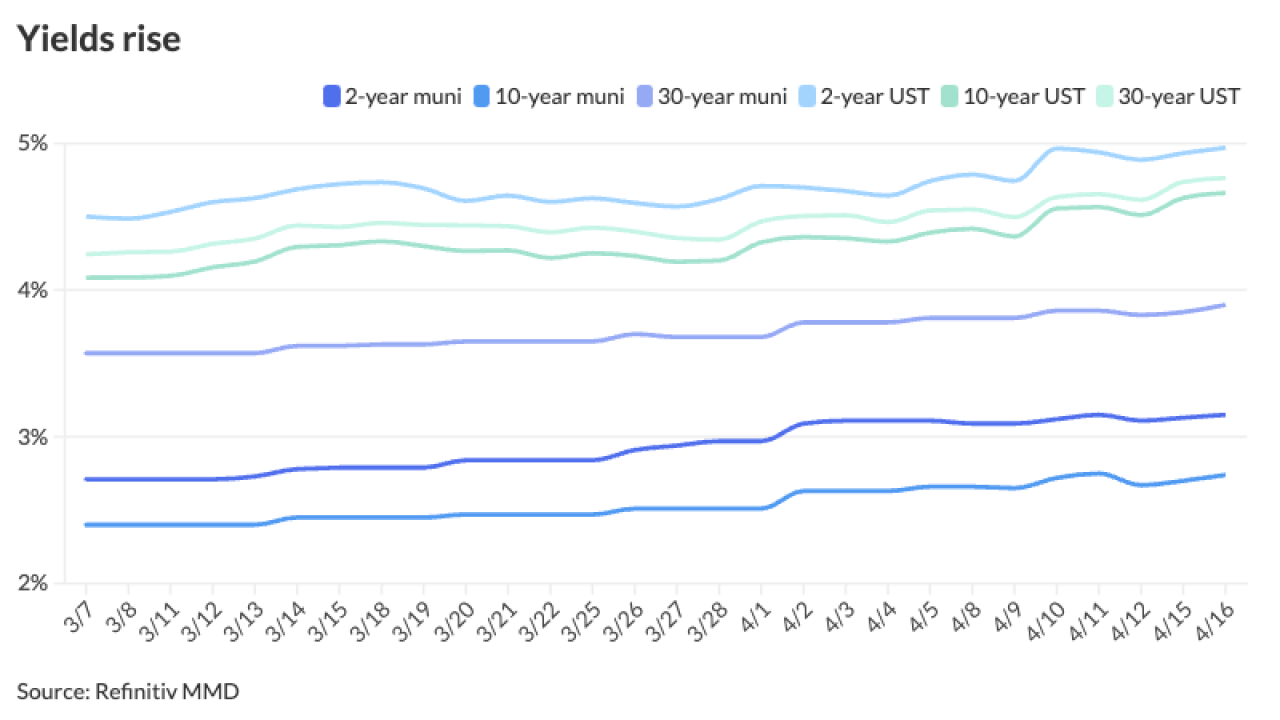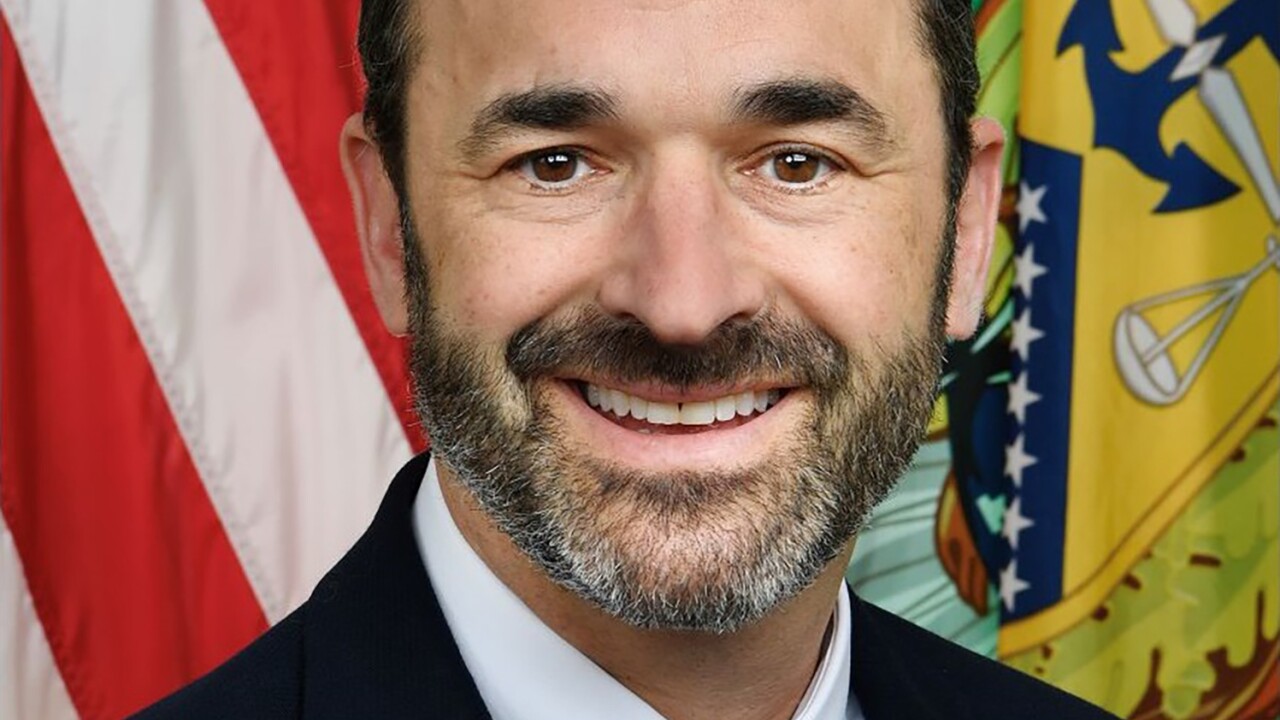WASHINGTON - Several members of the Senate Banking Committee yesterday warned that the Obama administration's proposal to regulate credit rating agencies does not go far enough to ensure the agencies use reliable information to determine ratings.
At at hearing on enhancing regulation of rating agencies, committee chairman Christopher Dodd, D-Conn., told a top Treasury Department official he was "stunned" to learn that the agencies routinely do not perform any due diligence to verify the information presented to them by issuers.
Dodd said he was disappointed that the administration's proposal, which was released last month, would not require them to do so.
Dodd added that he had "just assumed" that due diligence was conducted by the rating agencies.
But Michael Barr, Treasury's assistant secretary for financial institutions, resisted calls for expanding the administration's proposal, which would only require that the agencies disclose what, if any, due diligence they performed.
Requiring anything more than additional disclosures would cross a line and result in the government dictating the agencies' methodology, he argued.
"We've tried to be quite clear that the government shouldn't be in the business of designing the methodologies for the rating agencies or validating them in any way, as we think that will just increase reliance on them," Barr said.
But that response failed to satisfy Dodd. "How we can have any confidence" in ratings, he asked, unless the agencies are required to consider credible information "that might contradict the information they are receiving from the issuer that is paying [them]?"
The hearing took place about two weeks after the administration unveiled its legislative proposal to strengthen federal oversight of the agencies, mitigate conflicts of interest, increase the transparency of the ratings process, and reduce investor reliance on ratings. The bill would, among other things, require all rating agencies to register with the Securities and Exchange Commission and would establish a dedicated office within the SEC to supervise the agencies.
Some members of the committee were outraged at how poorly the top three agencies' ratings have performed over the years. Sen. Charles Schumer, D-N.Y., characterizing the firms - Standard & Poor's, Moody's Investors Service and Fitch Ratings - as "one of the weakest links" during the financial crisis because they were riddled with conflicts of interest stemming from their so-called issuer pays model. The agencies have conceded that they failed to accurately rate mortgage-backed structured products, but noted that there are conflicts of interest in any payment model.
Schumer proposed establishing a new system that would require the SEC to randomly select securities to receive a second rating from a different agency than the one initially hired by the issuer. He said that the second rating could be performed on out of every 10 securities, that it could be "secret," and that the issuer would pay for it.
Asked by Schumer for reaction to his proposal, Barr said that he shares "the conceptual goal" of having more than one agency rate bond issues, but is concerned about requiring an additional rating.
Barr also noted that the administration's proposal includes provisions to boost the integrity of ratings and reduce "rating shopping." One provision, for example, would require that every issuer provide full information about the bonds they are planning to issue to other rating agencies, who could then voluntarily provide unsolicited ratings for them.
Columbia University Law School professor John C. Coffee, who testified on a second panel, warned that rating agency performance will not improve unless the agencies are required to perform additional due diligence and are subject to a "modest" litigation threat if they are willfully ignorant about the accuracy of the information used for their ratings. Currently, agencies designated by the SEC as nationally recognized statistical rating organizations are legislatively shielded from liability under the federal securities laws, he said.
Coffee said the administration's proposal should adopt language from legislation introduced earlier this year by subcommittee member Sen. Jack Reed, D-R.I., that would make agencies liable for their ratings if they fail to either internally investigate the "factual elements" relied upon for rating a security or did not use other, independent sources of verification. In his written testimony, Coffee said that the liability provision could be limited to structured finance offerings, "which is where the real problems lie."
Another speaker, Lawrence White, a professor of economics at New York University's Stern School of Business, warned that efforts to toughen regulation are "misguided and potentially quite harmful," because they are likely to discourage entry of new firms into the rating business.





